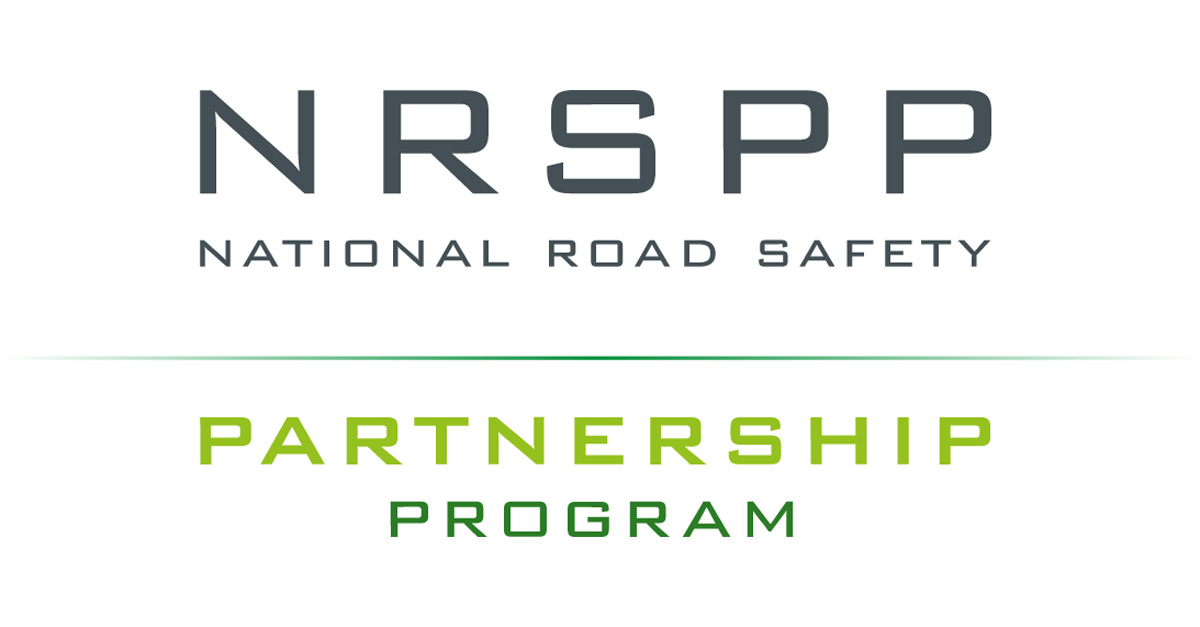SGESCO-MAX joins NRSPP
FIRST VEHICLE SAFETY TECH DEVELOPER TO JOIN 15 May 2021 SGESCO-MAX is excited to become the first vehicle safety technology partner of theNRSPP...
First introduced in Australia in 2014 and expanded in 2018, Chain of Responsibility Laws require heavy vehicle businesses to take a proactive approach to safety management to avoid or minimise risk to the public.
With rising statistics around VRU injury or death, the glaring risks of heavy vehicle operation, and the widespread availability of solutions to mitigate these risks, heavy vehicle businesses in 2023 risk serious breaches of the law by not taking proactive safety measurements.
Here’s a brief overview of the law, the risks, and solutions to ensure businesses fulfill their Chain of Responsibility Obligations.
The National Heavy Vehicle Regulator (NHVR) advises that the Chain of Responsibility (CoR) law is in-place to ensure everyone who works with heavy vehicles (over 4.5 tonnes) – from the business that employs a driver to the place where goods are delivered – is accountable for safety.
Under this law, businesses that own or contract heavy vehicles have a primary duty to ensure the safety of their transport activities, so far as is reasonably practicable. The NHVR assesses what is ‘reasonably practicable’ based on:
The primary duties of the business under CoR law include:
Three of the most common risks associated with heavy vehicles are speeding, fatigue management and blind spots. The latter is the one that is not driver dependent and a risk associated with all heavy vehicles.
Helping to migrate against these risks is a core focus for SGESCO-MAX and has led to the development of several innovative solutions to protect the public. We help businesses comply with their CoR primary duties by providing a range of control measures, including:
| Public Safety Risk | SGESCO-MAX Control Measures |
|---|---|
| Injury or death caused by a rollaway vehicle | MAX-SAFE Anti-Rollaway |
| Injury or death caused by reversing vehicle | MAX-SAFE ReverseWatch MAX-SAFE ReverseView Pedestrian Protection |
| Injury or death caused by left turning vehicle | MAX-SAFE SideWatch Pedestrian Protection MAX-SAFE SideView Pedestrian Protection |
| Injury or death caused by right turning vehicle | MAX-SAFE SideWatch Pedestrian Protection MAX-SAFE SideView Pedestrian Protection |
| Injury or death caused by vehicle moving-off | MAX-SAFE SideView Pedestrian Protection MAX-SAFE FrontView Pedestrian Protection MAX-SAFE CornerView Pedestrian Protection |
| Injury or death caused by operation of Waste Vehicle Side Arm | MAX-SAFE Side Arm Pedestrian Protection |
| Injury or death caused by operation of Waste Vehicle Rear Loader | MAX-SAFE Rear Loader Pedestrian Protection |
| Injury or death caused by operation of Waste Vehicle Front Loader | MAX-SAFE Front Loader Pedestrian Protection |
In addition to the control measures, SGESCO-MAX provides a range of assets to help businesses comply with CoR training requirements, relating to our safety solutions, including:
The Heavy Vehicle National Regulator recommends safety management includes regular reporting, including to executive officers, and documenting or recording all actions taken to manage safety.
In the case of a prosecution, each party in the chain needs to show they’ve taken every reasonable step to prevent a breach of the law and taken proactive safety measures. Companies would be hard-pressed to use cost of solutions as an argument for not being “reasonably practical” given the economical solutions readily available on the market.
Given the known risks – and the available solutions – heavy vehicle companies have no excuses for not ensuring safety.
Get in touch today to discuss how we can help you comply with your CoR Primary Duties and provide a safer world.

FIRST VEHICLE SAFETY TECH DEVELOPER TO JOIN 15 May 2021 SGESCO-MAX is excited to become the first vehicle safety technology partner of theNRSPP...

One of Australia’s recycling giants has become the first company in Australia to implement an innovative AI camera solution to protect unaware VRUs...

Across Australia, COVID-19 lockdowns have seen a massive uptake of bicycle riding which bodes well for the future of our cities. It highlights the...
